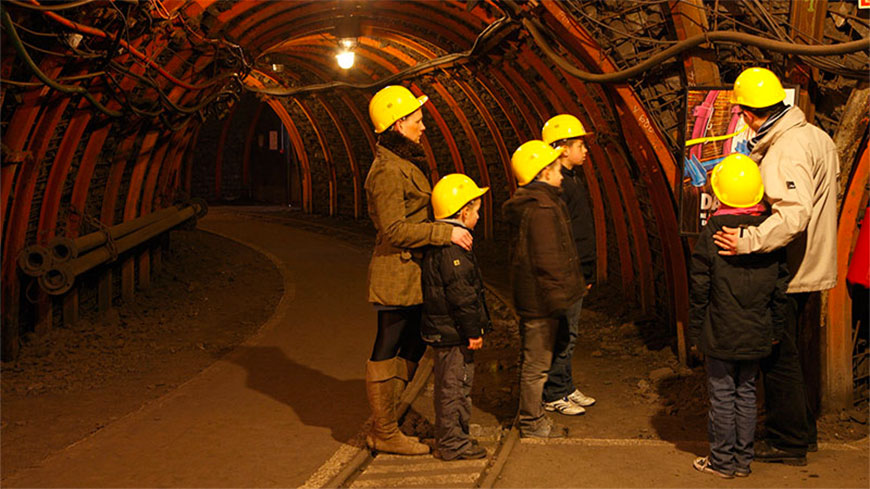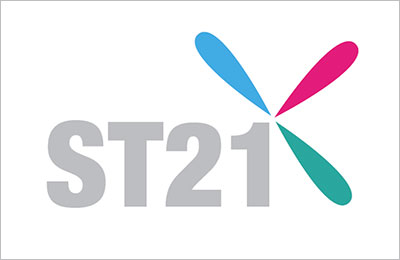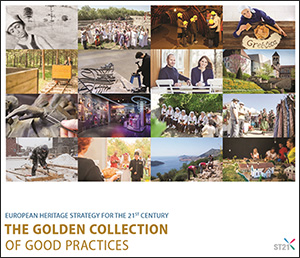Location of the initiative:

The Centre Historique Minier is located at the heart of the coalfield in Lewarde, 8 km from Douai in northern France. It is housed at the pithead of the former Delloye Pit, which comprises 8000 m² of industrial buildings at an 8 hectare site.
Relation to Strategy 21 Recommendations:
K11 - Explore heritage as a source of knowledge, inspiration and creativity
Time span of the initiative:
Start Date: 1984 / End Date: On-going.
Motivation / Methodology
The aim and purpose of the Centre Historique Minier, established in 1984, is to preserve and promote the mining culture of the Nord-Pas de Calais region in order to bear witness to three centuries of mining for the benefit of future generations.
The site has retained its industrial architecture with the glass machine room, the galleries and the buildings above ground, which were given listed status in 2009.
The mine museum (guided tour of the galleries): in the company of a cultural guide the visitor is plunged into the bowels of the mine, down the staff gangway to the coal face, where women and young apprentices sorted the coal. The galleries show how techniques and working conditions in the mines evolved from 1720 to 1990.
270 years of coal mining in the Nord-Pas de Calais region brought considerable changes in the industrial landscape and in mining methods, and this story is told in the “Three ages of mining” exhibition, with its models of mining sites, while “Life in the mines” focuses on the daily lives of miners and their families.
Other scientific and historical exhibitions complete this picture of the mining world: “Energy: yesterday, today and tomorrow?”, “The odyssey of life on earth”, “Horses in mining” and “The history of the Delloye Pit”. All these exhibitions provide visitors with an interactive family experience.
Meetings with miners give visitors a unique opportunity to share the experience of former miners and hear a first-hand account of life in the mines (first day down the mine, training, wages, dangers, etc.). Every aspect of their lives is covered in these moments steeped in history.
Documentary Resource Centre
In addition to archives from the coal mining companies of the Nord-Pas de Calais region, before and after nationalisation, the Centre houses over 7,000 books, 550,000 photographic documents, 500 films, 350 videos and 300 audio recordings.
These collections and the researchers who consult them help to improve our historical, social, economic and technical knowledge of the mining world.
The Documentary Resource Centre handles the conservation and management of these resources and promotes them through museographic, cultural and educational material. The Centre helped the Bassin Minier Uni coalfield association to prepare its application for Unesco heritage status and also assisted the filmmaker Claude Berri in his preparations for shooting his film Germinal.
Annual fundraising events are organised. The museum also gathers information by interviewing former miners.
Energy Science Cultural Centre (CCSE)
In close co-operation with scientific, technical and economic specialists, and with representatives of energy-related companies, the Centre contributes to the debate on the various forms of energy at the heart of modern-day social development.
A special place will be reserved for the Centre on the visitors’ tour in the building housing the extraction machine for shaft no. 1, which is currently closed to the public. There will be a newly-designed permanent exhibition and a discovery area where visitors can learn about the part energy plays in social development today. Using digital and multimedia technologies that provide a hands-on learning experience, the cutting-edge refurbishment of the CCSE is designed to address every energy concern. It will be open to the public in early 2019.
Change / Impact
The Centre Historique Minier enables:
· Identifying, preserving, transmitting and sharing heritage knowledge and skills
· Raising awareness of the values conveyed by heritage
· Ensuring heritage stakeholders have access to lifelong training
Lessons learned
It is possible to revitalise a deindustrialised area through heritage work (this site listed as a Historical Monument receives 150,000 visitors a year, which means a total of 4 million since it was opened), to preserve the collective memory and to involve citizens, institutions, policymakers and professionals in a cultural and scientific project.
The Centre has been awarded the Euralens seal of approval, which highlights sustainable and innovative economic, town planning and cultural initiatives. This constitutes further recognition for the Centre and will enable it to acquaint the mining area’s elected representatives with its activities and projects.
On 8 December 2018, the Centre Historique Minier was chosen as a winner of the EDEN 2017 award and accordingly recognised as a European Tourist Destination of Excellence. The award was launched by the European Commission and is organised in France by the Directorate General for Enterprises and the French Tourism Development Agency (Atout France).
Today, it is one of the outstanding sites of the coalfield and a Unesco World Heritage site. It is also supported by the French Government and the intermunicipal authorities of Douaisis and Coeur d’Ostrevent.
Online resources
- http://www.chm-lewarde.com;
- https://patrimoineeurope2018.culture.gouv.fr/
- https://www.facebook.com/CentreHistoriqueMinier/
- https://twitter.com/CHMLewarde
Contact information
Amy Benadiba, Director
Centre Historique Minier
[email protected]
https://www.chm-lewarde.com/fr
Source of financing
Shared public / private financing





